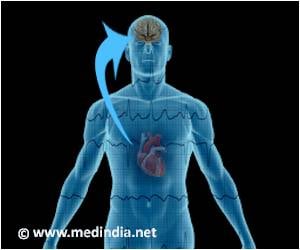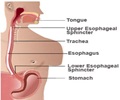Antacid monotherapy is more effective in relieving epigastric pain than in combination with lidocaine, according to a double-blind, randomized clinical trial.

‘Antacid monotherapy was found to be the most palatable solution, with better taste, bitterness, and overall acceptability.’
Read More..




The double-blind, randomized clinical trial compared three different solutions for the treatment of adults with epigastric pain or dyspepsia presenting to the emergency department (ED): antacid monotherapy, antacid/lidocaine 2% solution, and antacid/lidocaine 2% viscous gel.Read More..
Warren, et al. concluded that all three treatments worked and there was no statistical difference in pain relief among the groups at 30 and 60 minutes; however, antacid monotherapy was found to be the most palatable solution, with statistically significant differences in taste, bitterness, and overall acceptability, and there were fewer side effects.
In conclusion, the study authors recommend using antiacid monotherapy in place of lidocaine/antacid combination therapy for management of dyspepsia and epigastric pain for patients in the ED.
Commenting on the study is Robert Ehrman, MD, MS, research faculty in the department of emergency medicine at Wayne State School of Medicine in Detroit, MI:
"This study nicely demonstrates that 'more' is not always synonymous with 'better' when it comes to treating pain. Antacid alone appears to be equally efficacious to antacid-lidocaine combinations, without any of the unpleasant side effects that may discourage its use.
Advertisement
Advertisement











